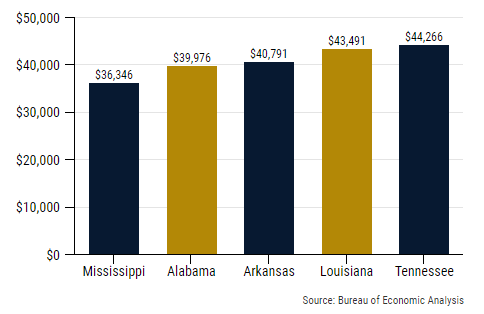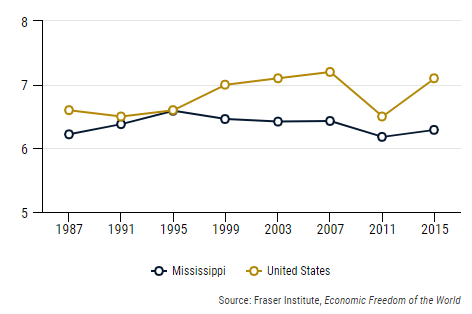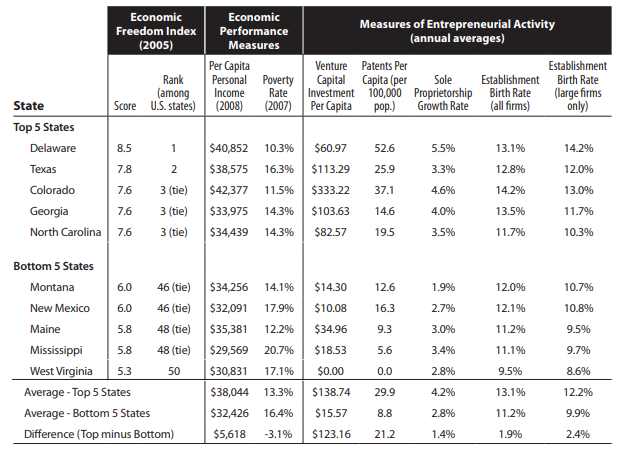Bob Franco grew up in Vicksburg and never really thought about leaving the state of Mississippi. It was all he knew. One of six children, the family didn’t travel much outside of Vicksburg.
After graduating from St. Aloysius, he moved to Oxford to attend Ole Miss. He then went to work for a couple different companies in the state before a new opportunity took him to New Orleans. And then eventually to Ohio as he worked his way to become the vice president of the $1 billion roofing division of Owens Corning. He would then go on to work for two different private equity firms in Ohio and Kentucky after Owens.
For a small-town kid with humble beginnings, he did pretty well for himself and had a successful career by any measure. And when Bob made the decision to retire, or semi-retire, he made the decision to come back to Mississippi after being away for more than three decades.
Bob didn’t plan to move to Louisiana or Ohio or Kentucky. It is where the opportunity took him. And where he could be as successful as he wanted to be. And as he looks back, and looks at his home state today, are the prospects any better a generation or so later? Has that much really changed?
Where are we starting?
Unfortunately, the current data, across many measures, paints a bleak picture. Mississippi has the lowest per capita personal income in the nation at just over $36,000. Our neighbors are doing better. Arkansas and Alabama enjoy incomes that are 10 percent higher while Louisiana and Tennessee have 20 percent higher personal incomes.
Figure 1: Per capita income in Mississippi and neighboring states

And these numbers are not simply impacted by one area of one state. Those living on the Tennessee side of the Mississippi/ Tennessee border have personal incomes that are, on average, $6,000 higher than those on the Mississippi side.
Over the past 15 years, per capita income, after adjusting for inflation, has grown at a rate of just 1.1 percent in Mississippi. In two separate 15 year periods prior to 2001, the growth rates were 2.1 percent and 1.9 percent. ‘Just one percent’ is not insignificant, and, unfortunately, Mississippi has not kept up.
But what explains these numbers? And what can be done?
Economic freedom in Mississippi
During the same time that Mississippi was experiencing minimal growth, other states in middle of the country were prospering. They did so because of sound policies that emphasized economic freedom and limited government.
Mississippi has the fifth largest government share of state economic activity. Is this just because of our reliance on federal funds? No. When just state and local spending is calculated, Mississippi actually moves up to fourth. This is a state problem, not a federal one. Many incorrectly believe that Mississippi’s problems are rooted in our government spending too little. The data shows that is not the case. It would, indeed, be very difficult to spend more.
When the government grows, the state has increased ownership and the private sector shrinks. And economic freedom wanes.
According to the most recent Fraser Institute Economic Freedom of North America report, which measures government spending, taxes, and labor market freedom, Mississippi was ranked 45th among the 50 states. And unfortunately that ranking is only moving in the wrong direction. In the mid-1990s, Mississippi was on par with the national average. And our per capita income was growing. But since then, the rest of the country has become freer, while Mississippi has become less free.
Figure 2: Economic freedom, Mississippi and U.S. average

Do these rankings matter? A review of the top five and bottom five states in terms of economic freedom shows the freer states are more prosperous, have higher per capita incomes, more entrepreneurial activity, and lower poverty rates. (The information in the graphic below intentionally uses pre-recession data.)
Figure 3: Economic performance measures

Economic freedom is centered around free markets and voluntary exchange, individual liberty, and personal responsibility. It is not supposed to be managed, orchestrated, and predicted by the public sector.
Government incentives, often in the name of economic development and being ‘business-friendly,’ attempt to lure businesses to the state through financial benefits, such as site preparation, infrastructure, job training, or special tax breaks. The only reason these incentives are necessary is because of higher taxes or policies that burden businesses. Instead of special incentives for a few, Mississippi should work to provide a favorable climate for every business. And let the market decide where a business locates or expands.
Adopting market based policies
CNBC’s 2018 “Top States for Business” rankings painted an all too familiar picture for Mississippi. Mississippi was ranked 49th, a one spot drop from 2017. And the various business ratings generally correlate with freedom ratings. The more freedom, the more business friendly a state is. And the more the individuals in the state prosper.
Market based policies work. And state leaders have attempted to improve the economic climate of Mississippi, most notably through tax and regulatory reform. That is significant and they should be applauded. Yet at the same time, this past year the legislature attempted to make it more difficult to become a real estate broker, a measure backed by the Realtors Association. There was no impending threat to homebuyers via rogue brokers; rather it was an attempt to stifle competition. While the bill sailed through the legislature, it was rightly vetoed by Governor Phil Bryant.
There is still much work to do. The instincts are not always in the right directions. But there are reforms the state could adopt, including:
It can be done
Bob Franco is no different than many others who grew up in Mississippi only to search for opportunity elsewhere. But policy reforms can change everything. We can create more opportunity and see more people moving in than moving out. We have the blueprint. A blueprint based on sound evidence of what states have done to grow over the past couple decades. The blueprint is freedom and free markets, supported by a limited but effective government.
Moving briskly with the right policies, Mississippi leaders can cast a vision for a better future that increase incomes and improves quality of life. And it can be done within a generation.